Tag: Savannah River
Wikipedia says: The Savannah River is a major river in the southeastern United States, forming most of the border between the states of South Carolina and Georgia. Two tributaries of the Savannah, the Tugaloo River and the Chattooga River, form the northernmost part of the border. The Savannah River drainage basin extends into the southeastern side of the Appalachian Mountains just inside North Carolina, bounded by the Eastern Continental Divide. The river is around 301 miles (484 km) long. The Savannah was formed by the confluence of the Tugaloo River and the Seneca River. Today this confluence is submerged beneath Lake Hartwell. The Tallulah Gorge is located on the Tallulah River, a tributary of the Tugaloo River that forms the northwest branch of the Savannah River.
Two major cities are located along the Savannah River: Savannah and Augusta, Georgia. They were nuclei of early English settlements during the Colonial period of American history.
The Savannah River is tidal at Savannah proper. Downstream from there, the river broadens into an estuary before flowing into the Atlantic Ocean. The area where the river’s estuary meets the ocean is known as “Tybee Roads”.
The name “Savannah” comes from a group of Shawnee who migrated to the Piedmont region in the 1680s. They destroyed the Westo and occupied established Westo lands at the Savannah River’s head of navigation on the Fall Line. Present-day Augusta developed near there. These Shawnee were called by several variant names, which all derive from their native name, Ša·wano·ki (literally, “southerners”). The local variants included Shawano, Savano, Savana, and Savannah.
Another theory is that the name was derived from the English term “savanna”, a kind of tropical grassland, which was borrowed by the English from Spanish sabana and used in the colonial southeast. The Spanish word was borrowed from the Taino word zabana.
Other theories interpret the name Savannah to have come from Atlantic coastal tribes, who spoke Algonquian languages. These have similar terms meaning “southerner” and, perhaps, “salt”.
Historical and variant names of the Savannah River, as listed by the U.S. Geological Survey, include May River, Westobou River (for the Westo tribe), Kosalu River, Isundiga River, and Girande River, among others.
The Westobou River was the former name of the Savannah River that was derived from the Westo (also known as Westoe) Native Americans. The Westo were thought to have migrated from the northeast, pushed out by the more powerful tribes of the Iroquois Confederacy, who had acquired firearms through trade. This migration, beginning in the late 16th century, resulted in the Westo Indians reaching the present area of Augusta, Georgia, in what was likely to be the 1660s.
The Westo used the river for fishing and water supplies, for transportation, and for trade. They were strong enough to hold off the Spanish colonists making incursions from Florida. The Carolina Colony needed the Westo alliance during its early years. When Carolinians desired to expand their trade to Charleston, they viewed the Westo tribe as an obstacle. In order to remove the tribe, they sent a group called the Goose Creek Men to arm the Savanna (also known as the Savannah) Indians, a Shawnee tribe, who defeated the Westo in the Westo War of 1680.
Following this, the English colonists renamed the river as the Savannah; it was integral to early development. They founded two major cities on the river during the colonial era: Savannah was established in 1733 as a seaport on the Atlantic Ocean, and Augusta is located where the river crosses the Fall Line of the Piedmont, at the headwaters of the navigable portion of the river downstream to the ocean. The two large cities on the Savannah served as Georgia’s first two state capitals. In the nineteenth century, the sandy river channel changed frequently, causing numerous steamboat accidents.
During the American Civil War, President Abraham Lincoln proclaimed a blockade around the Confederate States of America, forcing merchantmen to use specific ports along the coast best suited for this purpose. The harbor at Savannah became one of the busiest ports for blockade runners bringing in supplies for the Confederacy until it was cut off by the reduction of Fort Pulaski and Union capture of Cockspur Island.
Showing 1–16 of 21 results
-
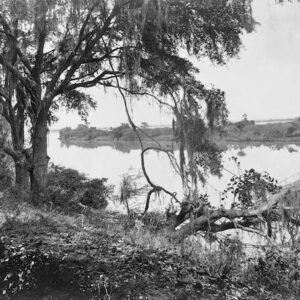
Image ID: AINI
$3.99 -
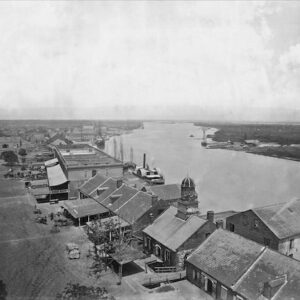
Image ID: AINK
$3.99 -
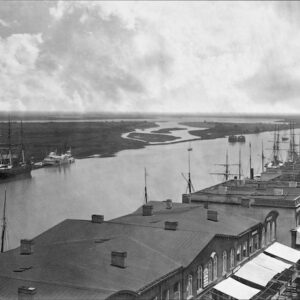
Image ID: AINL
$3.99 -
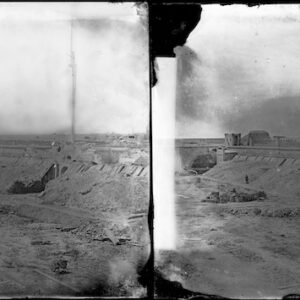
Image ID: AMNU
$6.99 -

Image ID: ASTG
$1.99 -
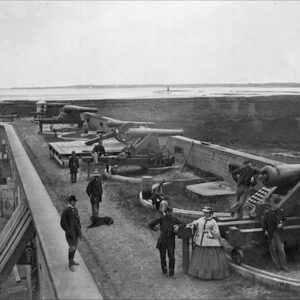
Image ID: ASTI
$1.99 -
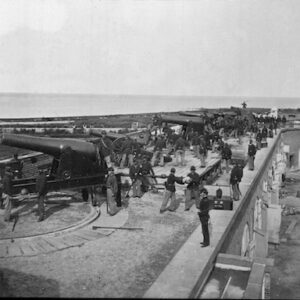
Image ID: ASTJ
$1.99 -
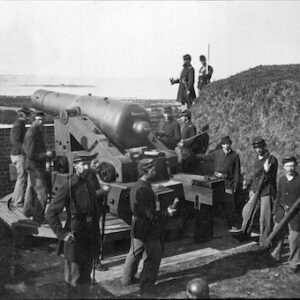
Image ID: ASTK
$1.99 -
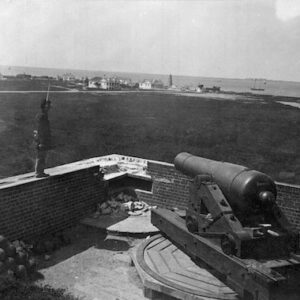
Image ID: ASTL
$1.99 -
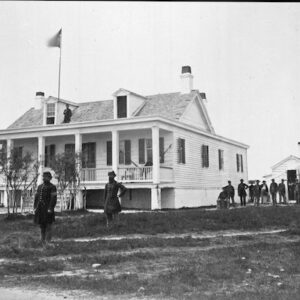
Image ID: ASTM
$1.99 -
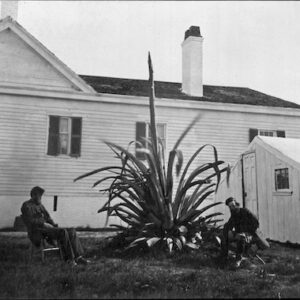
Image ID: ASTN
$1.99 -
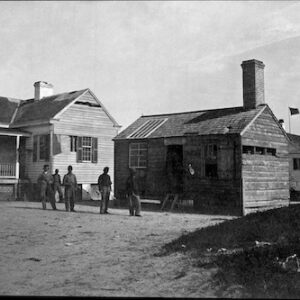
Image ID: ASTO
$1.99 -
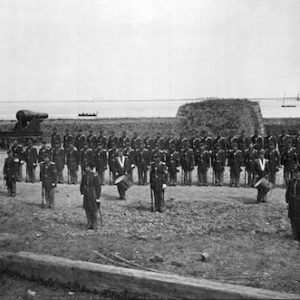
Image ID: ASTP
$1.99 -
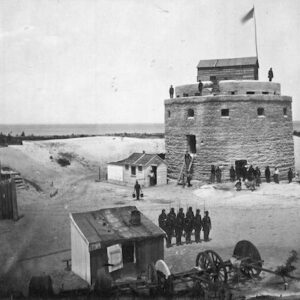
Image ID: ASWJ
$1.99 -
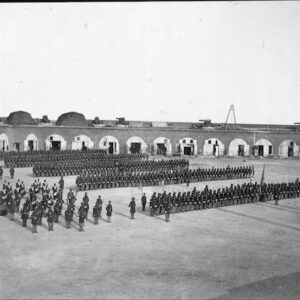
Image ID: ASWK
$1.99 -
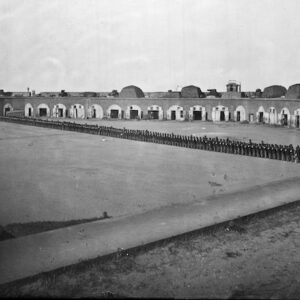
Image ID: ASWL
$1.99